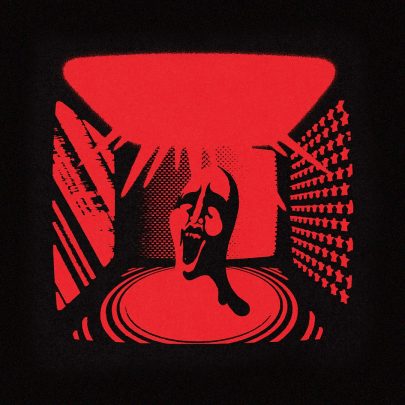Oct 31, 2016 Film & TV
Dean Strang and Jerry Buting come to Auckland near to a year after the release of Making a Murderer, the addictive American true-crime TV documentary in which the two defence lawyers appeared. Since then, it could be argued, not much has changed. Steven Avery, the murder accused the duo represented in court, continues to serve a life sentence without parole. Brendan Dassey, Avery’s nephew and his co-accused, also remains in jail, nine years into his own life sentence. He’s just turned 27.
But in other ways, events are moving fast. Avery has a new lawyer with a new plan to prove his innocence. Dassey’s conviction was overturned in August; he’s set to be released by mid-November unless the state of Wisconsin decides to retry him. And Strang and Buting have swapped office-bound anonymity for global fame as normcore fashion icons, swoon-worthy dad-crushes and representatives of the American justice system at its most doggedly noble.
It’s in this latter guise that they’re appearing on stage here, part of a speaking tour that focuses on the legal and judicial issues the Avery and Dassey cases exposed. “The film has given us an opportunity to use their specifics to illustrate broader problems in the criminal justice system,” says Strang, on the phone to Metro from his Wisconsin base. “The fact that people are very focused on what happened nine years ago in one county in one state is a great start. What we’re challenging people to do is to take the next step and consider what might happen next week, in the courthouses near them.”
There’s much that’s remarkable about Making a Murderer, from Avery’s backstory — prior to his arrest for Teresa Halbach’s killing, he’d served 18 years on a wrongful conviction for rape and attempted murder — to its compelling cast of characters, such as Avery’s indomitable mother, Dolores, and Ken Kratz, the baby-voiced prosecution lawyer. Perhaps most striking is how this one case touched on multiple ingrained issues in the American justice system — economic and class disparities, the deleterious effects of pre-trial publicity, and the treatment of those, like Dassey, with learning disabilities or low functionality.
“Police stations and courthouses are to some extent black boxes that the public doesn’t often get a chance to look inside, and that’s at least as true in New Zealand as it is in the United States,” says Strang. “I thought the film did a good job of lifting the lid, letting people peer in and see that defendants and their families are often impoverished, or at least hold lower status in the community. They’re very often victims themselves, and their families are, too.”
Buting says lawyers “have known about these flaws in our system for years, if not decades. And Dean and I have been talking about them for a long time, too. I still believe there was a miscarriage of justice in Steven Avery’s case. But it gives us hope that if there’s interest like this from one film, then maybe it can be sustained and people will be encouraged to take ownership of the justice system administered in all our names.”
A Conversation on Making a Murderer: ASB Theatre, November 9. aucklandlive.co.nz





